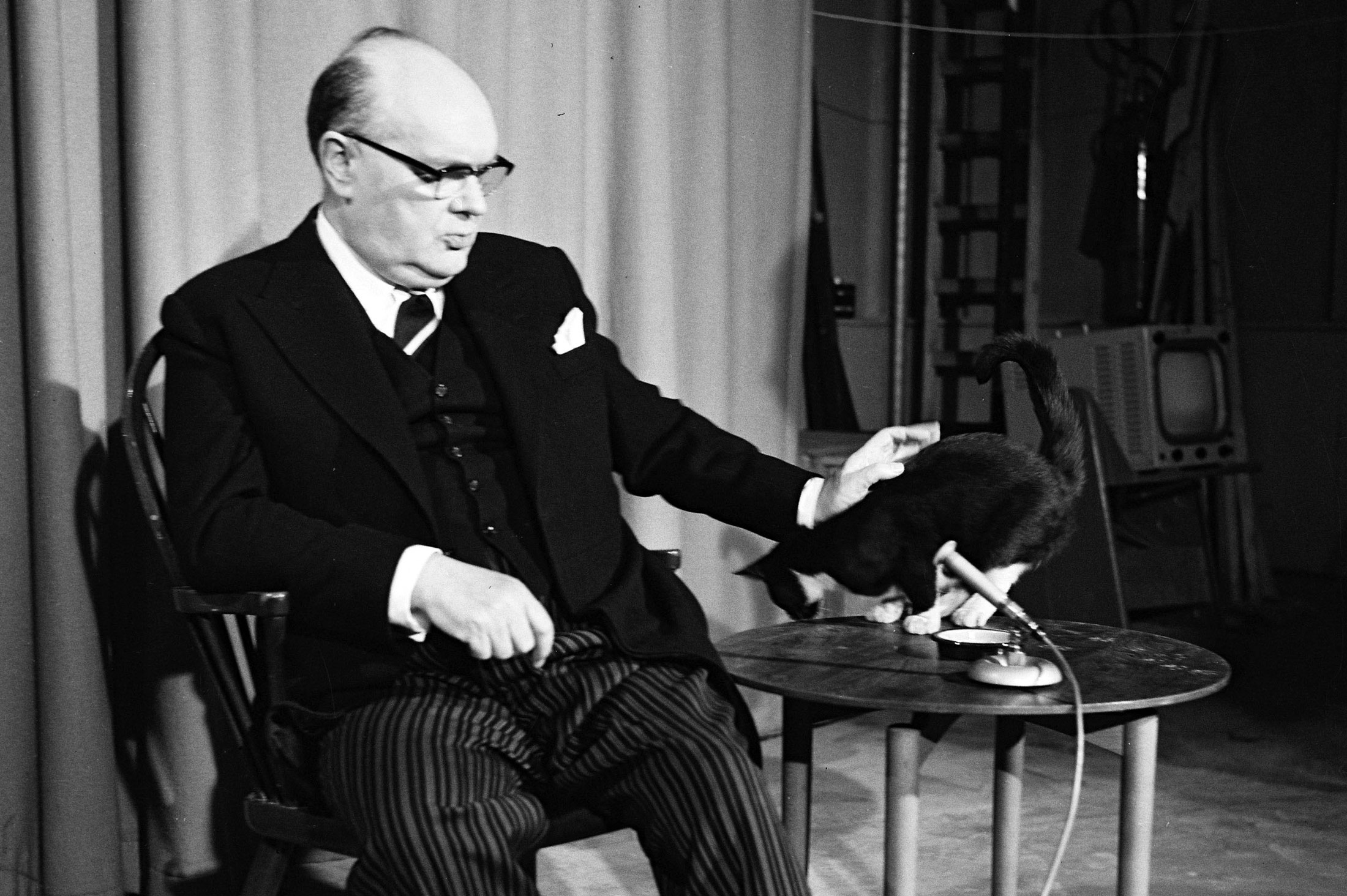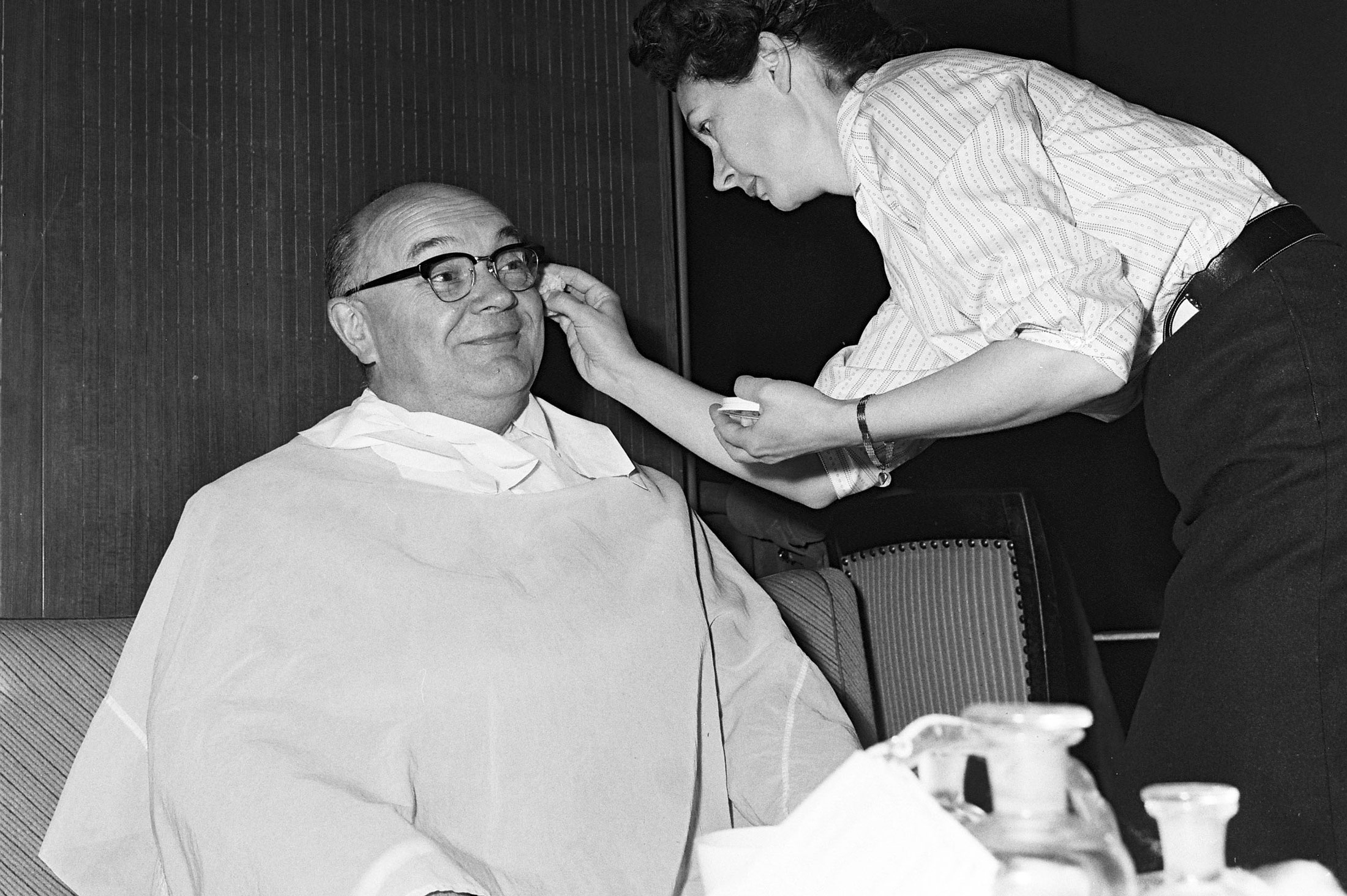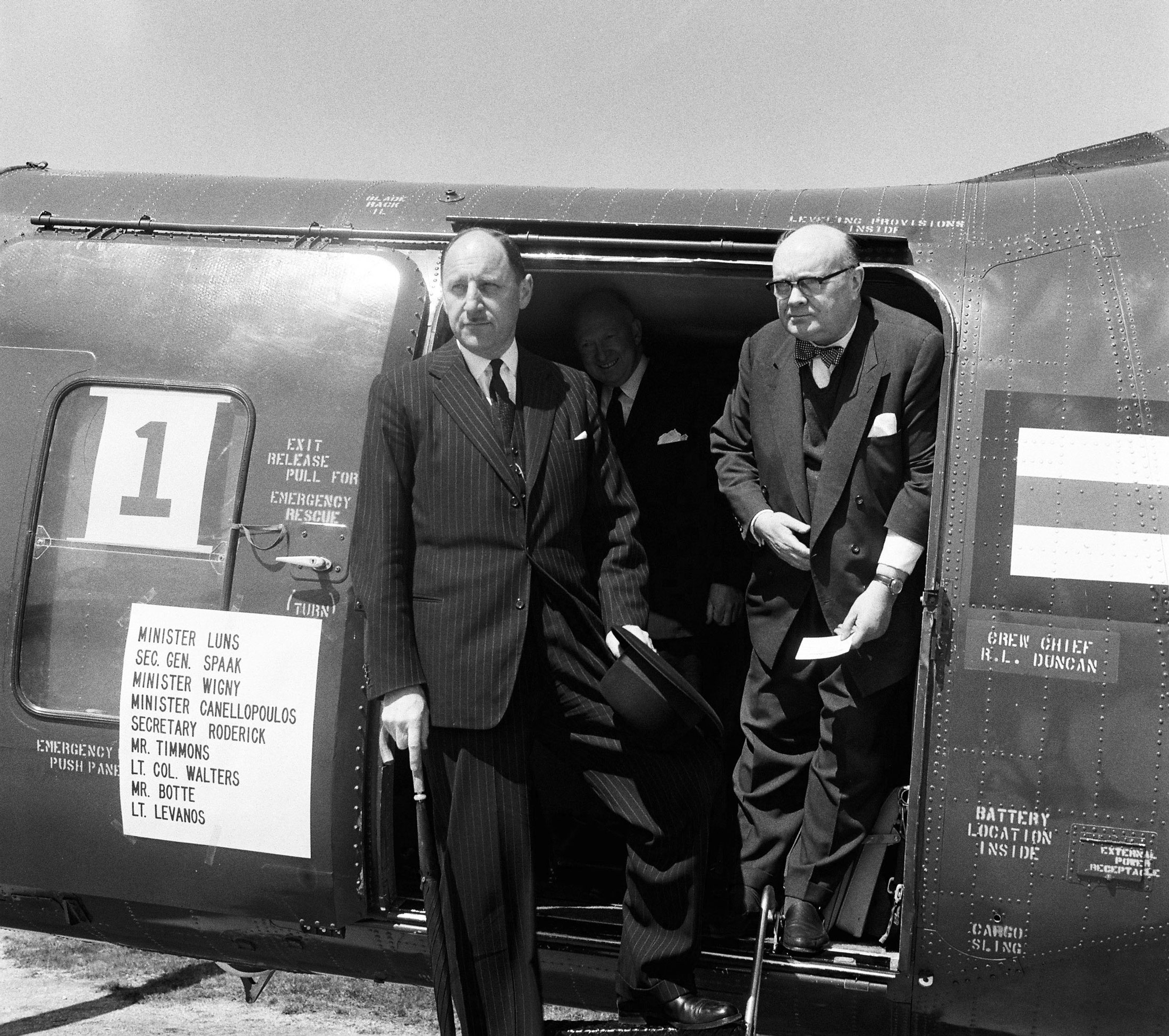Spaak was an accomplished orator and a prolific writer. He later became a member (then President) of the Belgian Royal Academy of French Language and Literature. His “speech of fear” delivered at the General Assembly of the United Nations in September 1948 denouncing soviet policy has gone down in history and his numerous publications, essays and speeches still inspire. On the tenth anniversary of the Alliance, he wrote a book entitled “ Why NATO? 1949-1959.”
He was also well versed in Atlantic issues and he used his charisma and persuasive nature to further his conviction that cooperation and consultation should be strengthened within the Alliance. He felt that debate and discussion of dissenting points was crucial within the Organization and was not shy about making his opinions known. He was instrumental, for instance, in the choice of Brussels as the new location for NATO HQ when France withdrew from the integrated military structure in 1966, obliging NATO to leave Paris. He also had a vision of an Atlantic community with a global economic reach so he pushed for an economic function for NATO. However, occasionally he felt debates went on for too long and once said:
OUR AGENDA IS NOW EXHAUSTED. THE SECRETARY GENERAL IS EXHAUSTED. ALL OF YOU ARE EXHAUSTED. I FIND IT COMFORTING THAT, BEGINNING WITH OUR VERY FIRST DAY, WE FIND OURSELVES IN SUCH COMPLETE UNANIMITY.







